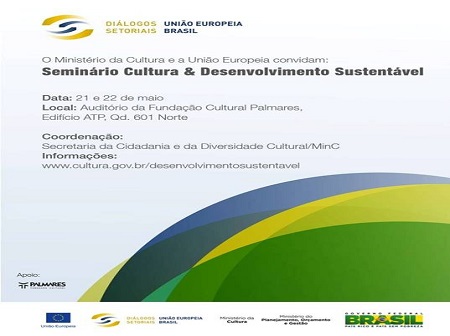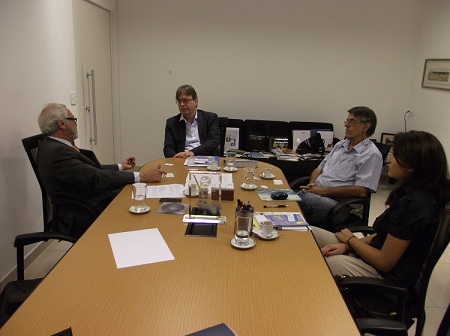ERC funding of €680 million to 300 top researchers

The European Research Council (ERC) is awarding €680 million to 302 senior research leaders in 24 different countries across Europe 1 in the latest competition for its prestigious 'Advanced Grants'. With up to €2.5 million per project, the funding allows these scientists to pursue their most ground-breaking ideas at the frontiers of knowledge together with their own teams.
The projects selected cover a wide range of topics, such as the development of new models to explain certain physical phenomena like superconductivity, assessment of the advantages and limits of quantum devices, or exploring how economic actors form and change their beliefs about their environment and about each other by adding emotional and psychological features to existing models.
Commissioner for Research, Innovation and Science, Máire Geoghegan-Quinn said: "The ERC continues to identify the very best researchers. ERC funding is leading to an increasing number of scientific breakthroughs and discoveries, as well as more publications in recognised scientific journals. Promoting frontier research at the highest level is vital for Europe's competitiveness, and this is why we have proposed to increase the ERC budget as part of our Horizon 2020 programme."
ERC President Professor Helga Nowotny commented: "I am proud that the ERC succeeds in finding and funding the very best research leaders with the most creative ideas in Europe. This funding gives new impetus to frontier research, and will also allow these scientists to build their own teams. Advanced Grantees on average employ seven team members. Overall, estimates show that by the end of 2013 the ERC will have provided support to more than 15,000 doctoral and postdoctoral researchers as team members.
The ERC thereby helps support a new generation of top scientists in Europe." In this Advanced Grant competition, some 2,300 applications were submitted to the ERC, which is a slight rise from that of the last year (4.5%). The call budget of €680 million also saw a minor increase. The number of researchers selected for funding rose slightly, from 294 to 302, while the success rate continues to be stable at 13%. The ERC grants target top researchers of any nationality who are based in, or willing to move to Europe. In this call, the selected candidates hold 32 different nationalities, with British, German, French, Dutch and Italian researchers being the most numerous. They will conduct their research projects in over 160 institutions across 24 different European countries. As the largest countries in the EU, the UK, France and Germany host the greatest number of successful candidates. However, the Netherlands, Denmark, UK and Cyprus (of the EU countries), and Switzerland and Israel (of the countries associated with the EU research programme), host the greatest number of successful candidates in relation to population size. This reflects the high quality of the research in these countries, which generally follows from long-term investment in research.
Of the senior scientists receiving grants in this call, 11 applied from outside the European Research Area, which is an increase from the last Advanced Grant call. The majority are Europeans returning to their home countries; most were based in the United States, one in Canada and one in Lebanon. There are three Americans amongst the selected scientists moving from the US to carry out their ERC-funded research at a Host Institution in Europe. In addition, 21 of the selected researchers hold a non-European nationality, but were already based in Europe.
Just over 15% of selected researchers are women, which is a rise from last year's 12%. The average age of the researchers to be funded is 51 years.
In this call, 45% of selected proposals were in the 'Physical Science and Engineering' domain, 37% in 'Life Sciences', and 18% in 'Social Sciences and Humanities'. The grantees were selected through peer review evaluation by 25 panels composed of renowned scientists from around the world. (For further information, see the statistics.)
Lists of selected researchers
The lists below show the proposals selected for funding. Some additional funds are expected to be confirmed, which will enable the ERC to support some more projects that are presently on a reserve list. The ERC website will subsequently be updated. Proposals placed on the reserve lists will only be published once their actual funding has been confirmed.
List of all selected researchers by country of host institution (in alphabetical order within each country group): http://erc.europa.eu/sites/default/files/document/file/erc_2012_adg_results_all_domains.pdf
Lists of selected researchers by domain (in alphabetical order):
• Social Sciences and Humanities: http://erc.europa.eu/sites/default/files/document/file/erc_2012_adg_results_sh.pdf
• Life Sciences: http://erc.europa.eu/sites/default/files/document/file/erc_2012_adg_results_ls.pdf
• Physical Sciences and Engineering: http://erc.europa.eu/sites/default/files/document/file/erc_2012_adg_results_pe.pdf
Statistics (indicative): http://erc.europa.eu/sites/default/files/document/file/erc_2012_adg_statistics.pdf
For more information
ERC Press Release on fourth Advanced Grant call (2011) http://erc.europa.eu/sites/default/files/press_release/files/press_release_adg2011_results.pdf
Some striking ERC-funded projects http://erc.europa.eu/success-stories ERC website http://erc.europa.eu




